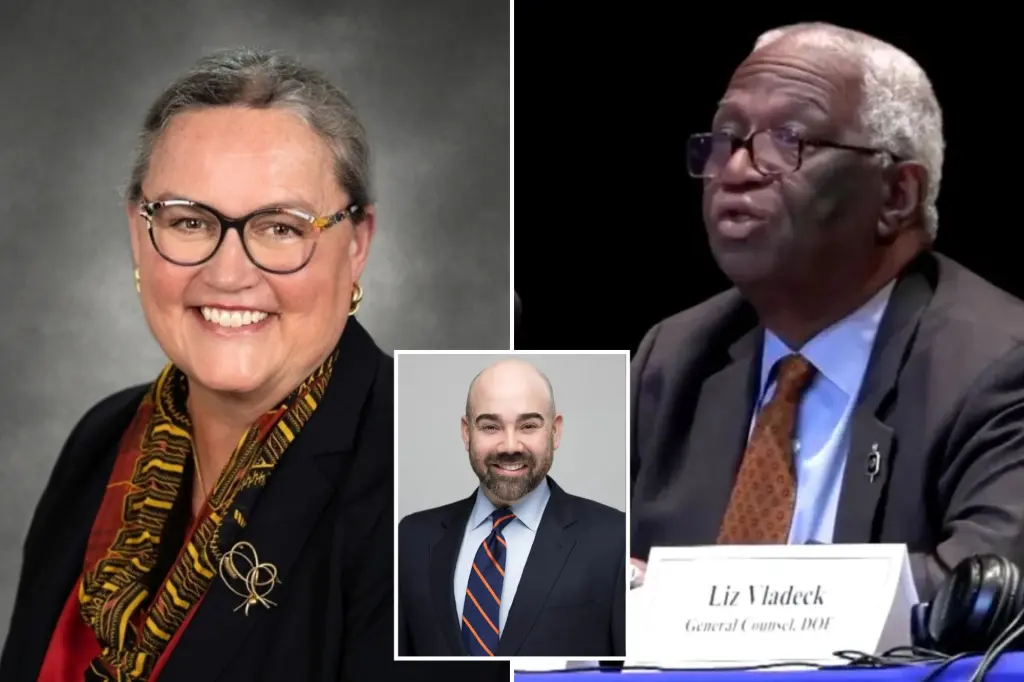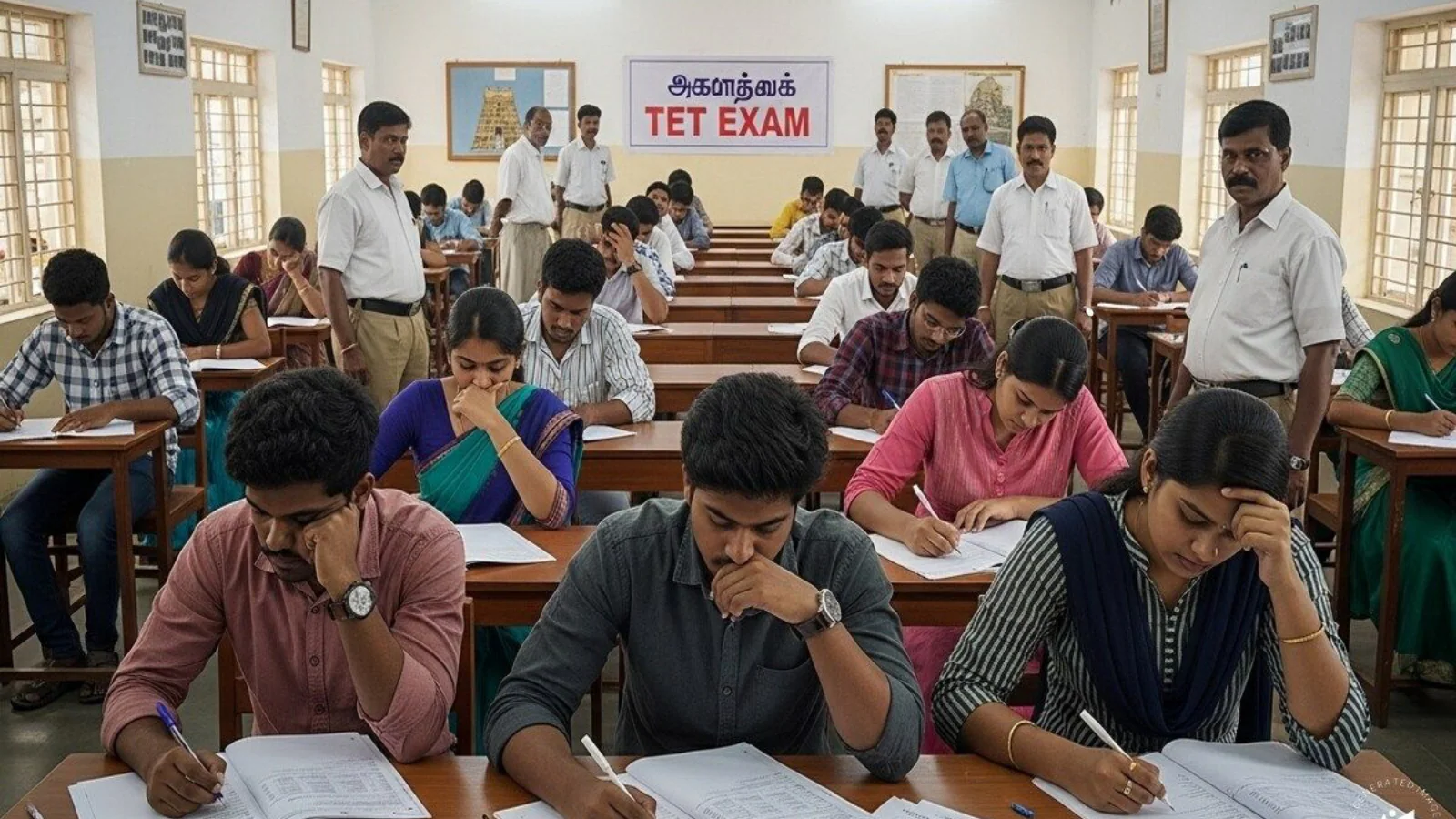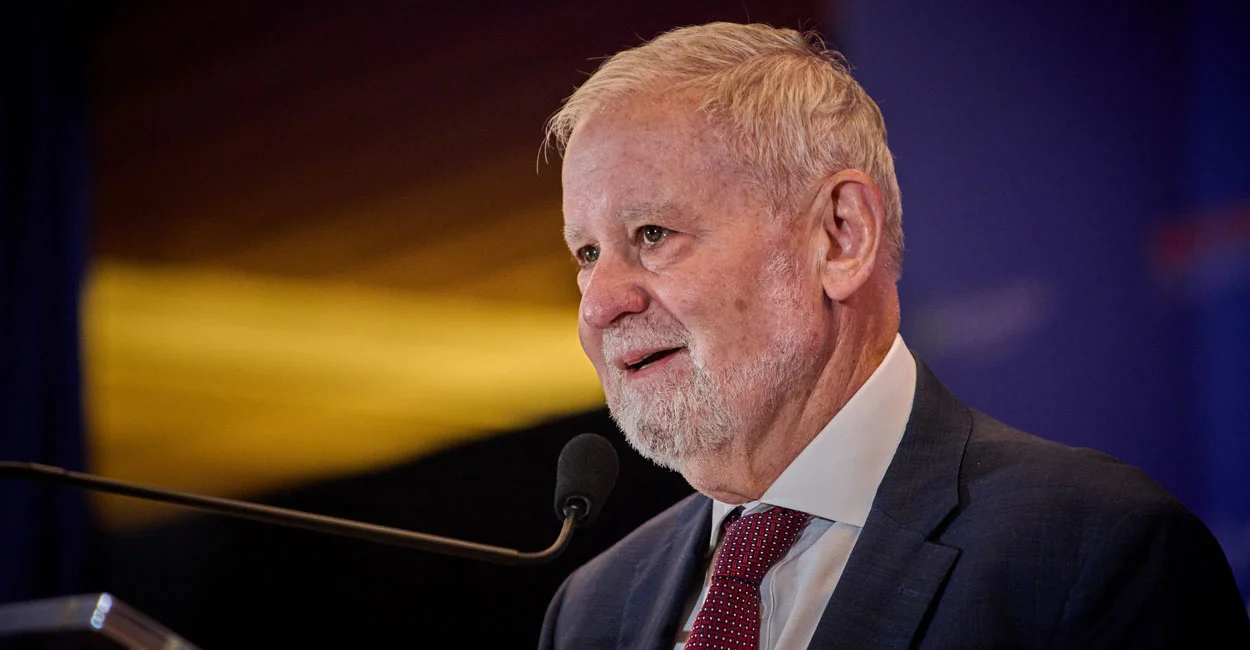
A group of young New Yorkers is receiving $12,000 in cryptocurrency as part of a new guaranteed-income experiment backed by Coinbase.
The program, called Future First, selected 160 residents between the ages of 18 and 30 by lottery to receive the payments in USDC, a stablecoin pegged to the U.S. dollar. Distribution began last week through Coinbase wallets, according to a report by Sarah Holder for Bloomberg.
Testing crypto as direct aid
The nonprofit GiveDirectly, which has run cash-transfer programs in dozens of countries, is administering the pilot.
Unlike traditional guaranteed-income trials that send recurring payments over long periods, Future First gives recipients a large $8,000 lump sum and five smaller deposits of $800. The approach, GiveDirectly says, is designed to help participants make bigger financial moves, such as paying a security deposit or covering tuition.
Funding comes from Coinbase, which previously abandoned its own direct-giving initiative but redirected $2.6 million in remaining funds to GiveDirectly. Darin Carter, who leads U.S. policy and grassroots advocacy at Coinbase, told Bloomberg the program is meant to provide “financial support and crypto education for young New Yorkers.”
Promises and pitfalls
Using crypto instead of cash adds both efficiencies and risks. GiveDirectly says sending USDC costs pennies per transfer, far cheaper than prepaid cards or bank wires. But critics warn that stablecoins can lose their peg in market stress, and young participants could be tempted to speculate with their windfall.
Recipients can cash out to banks, use Coinbase debit cards, withdraw at ATMs or leave funds in their crypto wallets to earn 4.1% interest or buy other digital assets. American University law professor Hilary Allen told Bloomberg that setup could nudge some toward risky bets.
Program leaders plan to survey participants afterward to gauge whether crypto distribution created new opportunities or new barriers. For now, some beneficiaries like 25-year-old Luis Acero say they welcome the help. “It will give me a lot of emotional, psychological tranquility,” he said.



